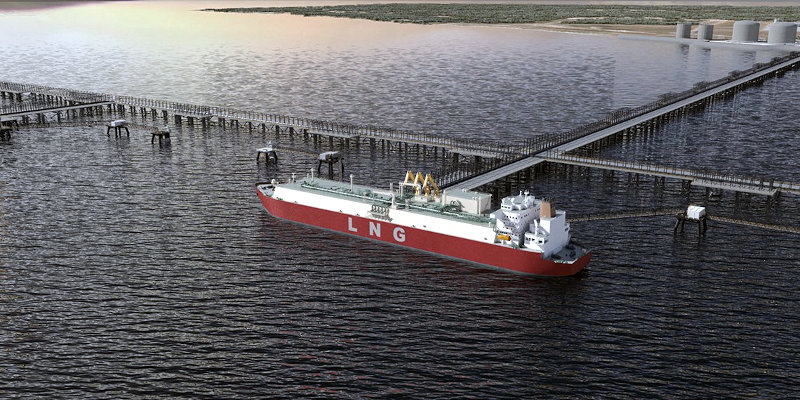Profit-making idea: Four untapped business opportunities in Mozambique

Mozambique’s natural gas industry could have positive economic knock-on effects.
South African entrepreneur Jaco le Roux is the founder of dried fruit company AfriFruta, based in the Inhambane area of Mozambique. (Read more: How this entrepreneur went where nobody goes to start dried fruit business in Mozambique) He moved to the country in 2012. How we made it in Africa recently asked Le Roux to identify some of the untapped business opportunities he sees in Mozambique. Here is what we learnt.
1. Support services and products for the burgeoning natural gas industry
Over the past decade, significant deposits of offshore natural gas have been found in northern Mozambique, close to the border with Tanzania. Major energy companies such as Total, Eni and ExxonMobil are currently involved in projects to extract the gas and convert it to a liquid form (liquefied natural gas or LNG), which makes for easier storage and transportation. While it is still relatively early days for Mozambique’s gas sector, it is expected to be a major boost for the economy in the years to come.
The natural gas industry could present opportunities to provide ancillary services and products (including food) to the energy companies and their contractors, according to Le Roux. An influx of people and commercial activity in underdeveloped areas typically also creates demand for accommodation and retail facilities.
2. Education and training
It is estimated about 65% of Mozambique’s population of about 32 million is aged 24 and younger. Le Roux says there is potential to provide education and training services to this large number of young people.
3. Business-to-business services and parts
Whenever the equipment in AfriFruta’s factory breaks, it usually needs to import the parts from South Africa, highlighting a need for such items. Le Roux says there is also a general lack of business-to-business support services, particularly in terms of information and communications technology.
4. Food production
Despite large areas of arable land, Mozambique imports significant volumes of food items from countries such as South Africa, India and China. “There’s major demand for farming operations [and] food suppliers,” says Le Roux.
However, before investing in Mozambique’s agribusiness sector, entrepreneurs need to ensure there is a market for the products they intend to produce as well as the infrastructure to support their operations. Le Roux has seen several failed agriculture ventures in Mozambique. “Because land is relatively cheap, there are a lot of people coming in to start a cattle or a maize farm, for example. But after they planted a 100 hectares of maize, they realise there is no market for it or no silos to store it. So do your homework properly.”
Further reading
[April 2020] Why are not more African entrepreneurs investing in dried fruit?
[April 2020] 33-year-old entrepreneur explains how his company became a serious player in Africa’s oil and gas industry
[November 2019] Mozambique positioning itself as the world’s next big global energy play
[March 2019] How the Rovuma natural gas project could transform Mozambique
[June 2017] Profit-making idea: Keep an eye on Senegal’s emerging oil and gas industry

